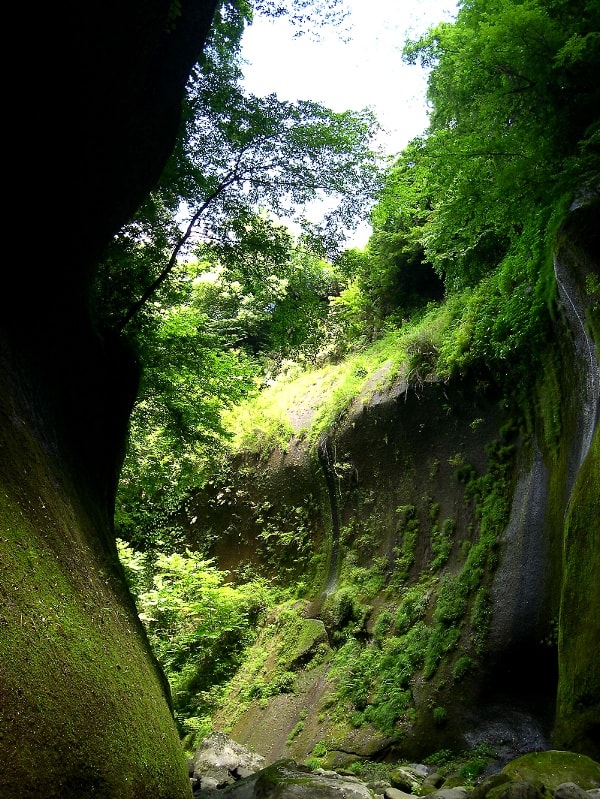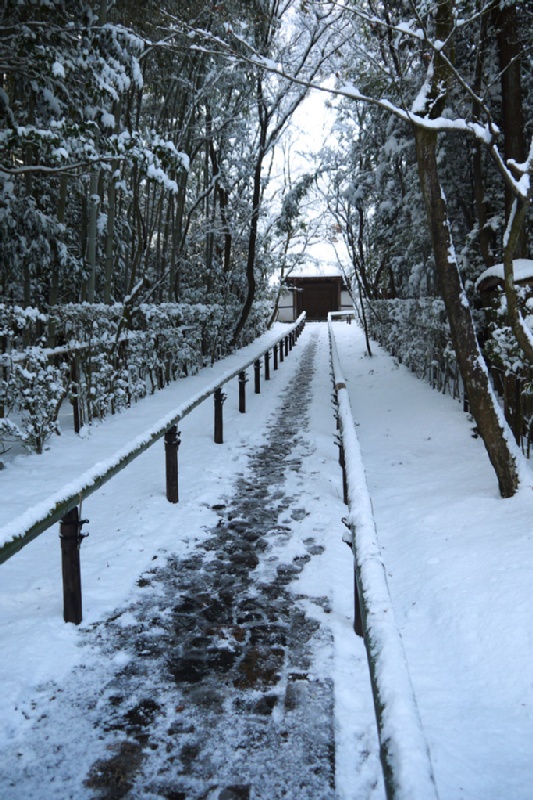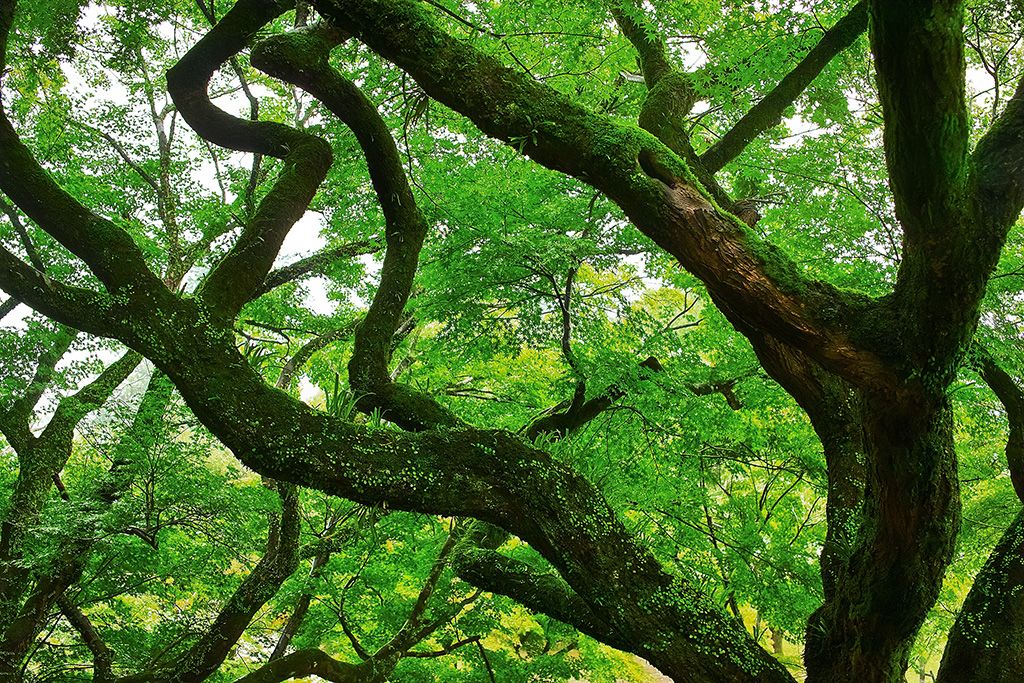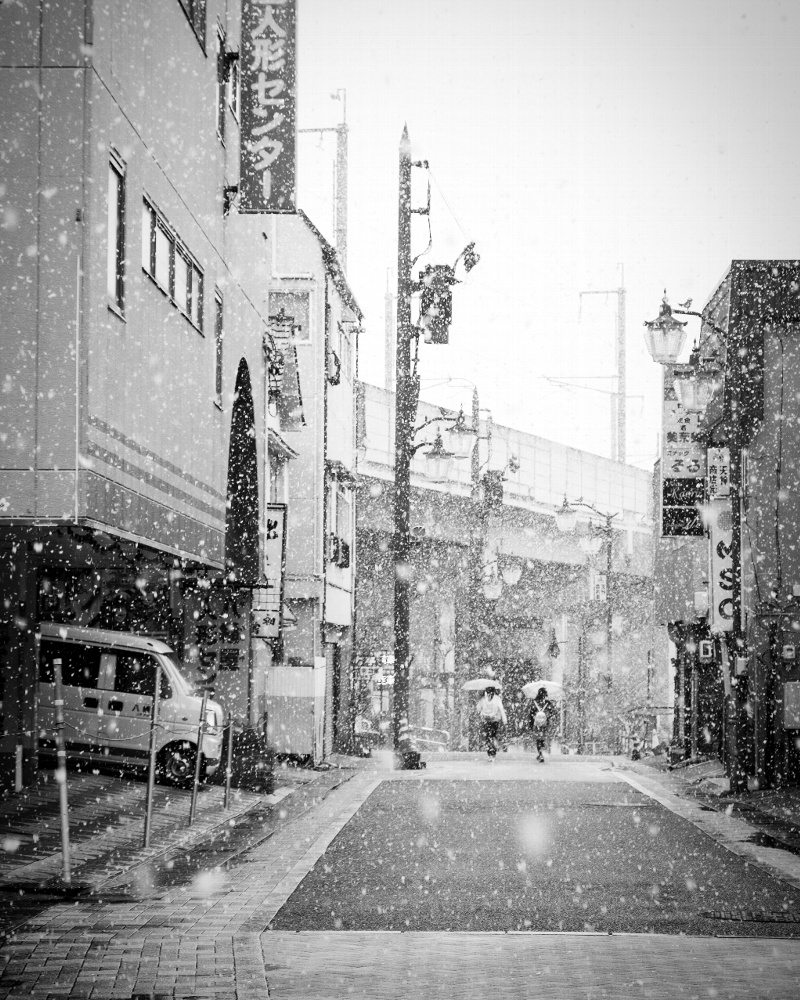Why is it that your heart throbs to see the clouds covering the moon, the withered flowers on the ground?花は盛りに、月は隈なきをのみ見るものかは。雨にむかひて月を恋ひ、垂れこめて春の行方知らぬも、なほあはれに情け深し。咲きぬべきほどの梢、散りしをれたる庭などこそ見どころ多けれ。
Who says we should appreciate cherry blossoms only when they are in full bloom, the moon only when it glows without covering clouds? There is something more touching in wishing to see the moon behind the dark, rainy skies or doing nothing but imagine how spring passes us by behind the closed shades. Truly remarkable are bursting buds on the treetops, gardens dotted with faded flowers.
– Kenko Ramblings
桜の花は満開を、月は満月だけを見るものなのだろうか。いや、雨が降れば隠れた月を思い焦がれ、閉め切った部屋にあって外の春の様子がわからないというのも、やはり味わい深いし、心に響くところがある。今にも花が開きそうな梢や、花びらが散った庭も、見る価値が大いにある。
One of the striking characteristic features of Japanese traditional sensitivity is sensing something that is not around – loss, distance, lack, something hidden or out of sight, or incompleteness. It’s about the moon behind the clouds. It’s about failing to see something enjoyable.
In appreciating beauty, imagination still plays a significant role. The image you get with the naked eye is what is passively received; what cannot be seen stirs up imagery in mind. Sometimes regrets or disappointments over failing to see blossoms can evoke aesthetically deeper feelings than joy and pleasure you get by seeing blossoms in full bloom.
Another factor is suggestion. Suggestion comes into play when something is about to happen and something is gone. Beauty resides in the process or transition from the beginning – through the middle – to the end, just as stories can not be told without any of these three stages. The beginning suggests promise; the end reminiscences. Buds suggest their coming prime; fallen, faded flowers their past. This attitude allows you to see things the way they are, to be aware of a rich story behind what can be seen and to find that beauty abounds.
Beauty cannot be appreciated only when something is in the prime or in each stage of its transition. See beauty in its whole transition just as incompleteness suggests past effort and future growth. Take things as a whole, in their transition. Then you can take on the universe.
日本古来の美意識の特徴の一つが、ここにないものを感じることです。喪失、距離、不足、隠されているもの、見えないところにあるもの、不完全なもの。つまり、雲に隠された月、何かを見逃したという感覚です。
美を味わうとき、想像力が大きな役割を果たします。肉眼で見えるものは、受動的に受信した映像。見えないものは、心にその像を思い描かせます。ときに、桜の花を見逃したという後悔や落胆のほうが、満開の桜を見た喜びや満足よりも、美しいなあとしみじみ思えたりするのです。
もう一つの要素が、暗示です。何かが起こりそうなとき、何かが終わってしまったときに作用します。美は、はじめ・盛り・終わりとものごとが移り変わる過程に宿るのです。物語もこれらがなければ成り立ちません。始まりは期待を、終わりは追想を。蕾は花盛りを、散った花びらは過去を。こうした考え方によって、ものごとのありのままの姿を捉え、目の前の事物の裏側の豊饒な物語を味わい、美はあまねく存在することを知るのです。
美は、その盛りにだけ味わうのでなく、またその変化の各段階を味わうのでもなく、その変化の全てを意識する全体美なのです。不完全さが、過去の営みと未来の成長を感じさせるのと同じです。ものごとを、全体として、その移り変わる姿をありのままに受け止める。すると、森羅万象を味わえるのです。









